


Experiments involving mice and conducted by Brazilian researchers showed four weeks of training with weights to be sufficient to reverse behavioral and physical alterations characteristic of the disease.
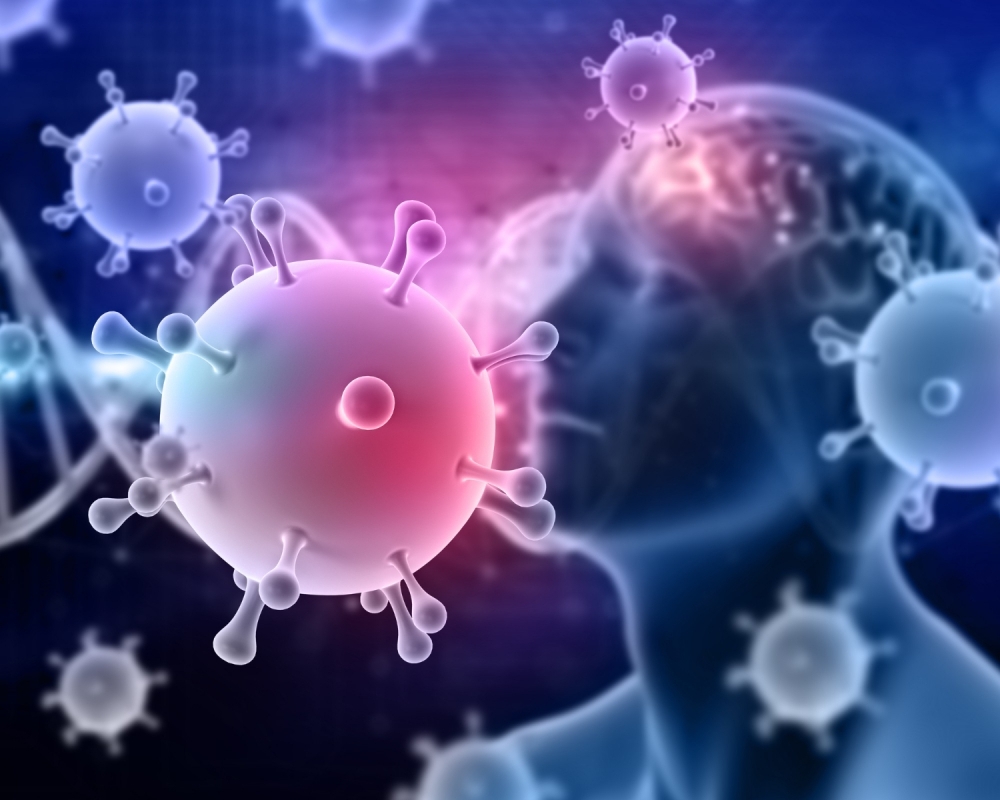
Brazilian researchers analyzed data from MRI scans and various tests to detect biological alterations linked to the neurological symptoms most reported by patients, especially anxiety, depression, sleepiness and fatigue. The latest results were presented to the ninth edition of BRAINN Congress.

A study of 40 asymptomatic subjects living with HIV conducted at São Paulo State University showed that a daily dose of 500 mg was safe and helped combat premature aging.
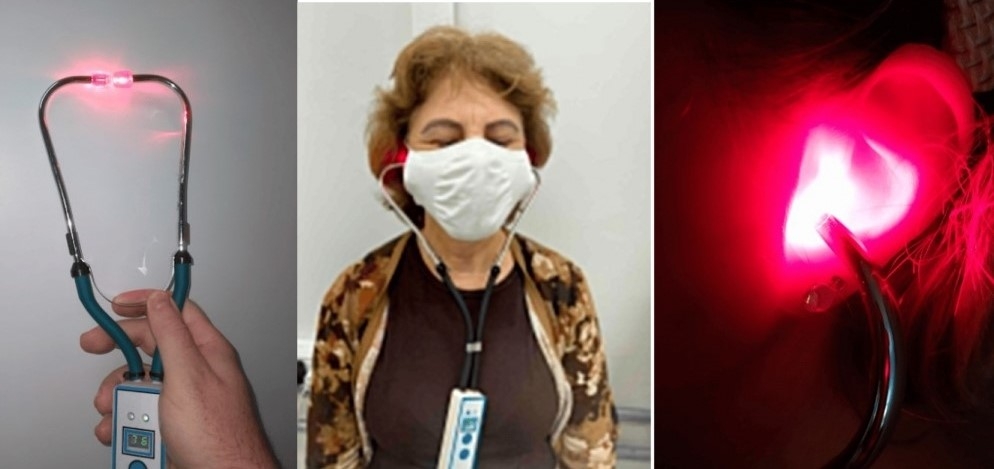
Brazilian researchers compared the therapies used most frequently for tinnitus, which affects some 750 million worldwide.
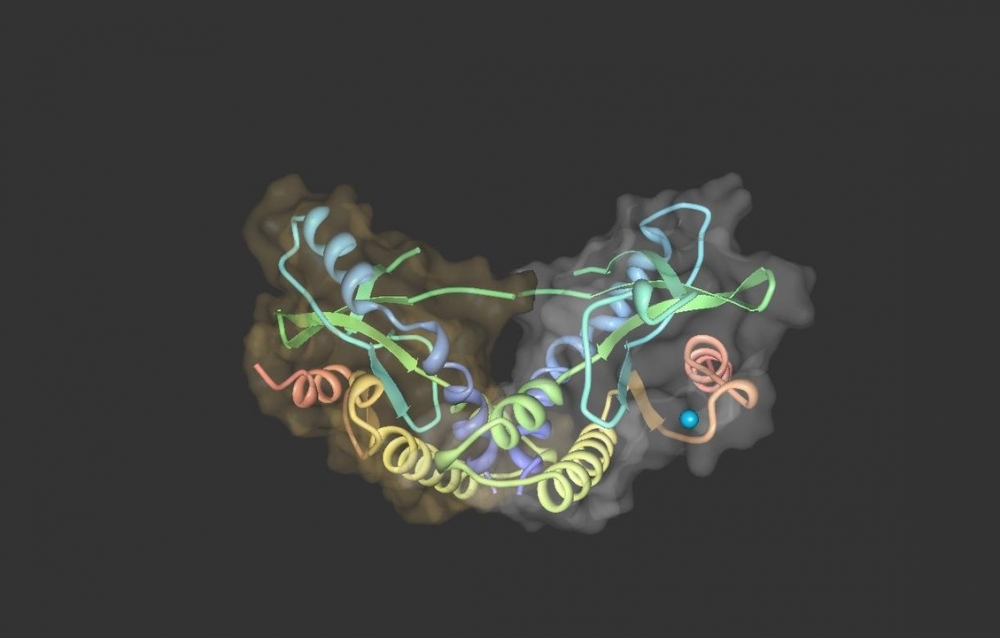
The discovery, led by researchers at a FAPESP-supported center, could lead to novel treatments for autoimmune diseases.
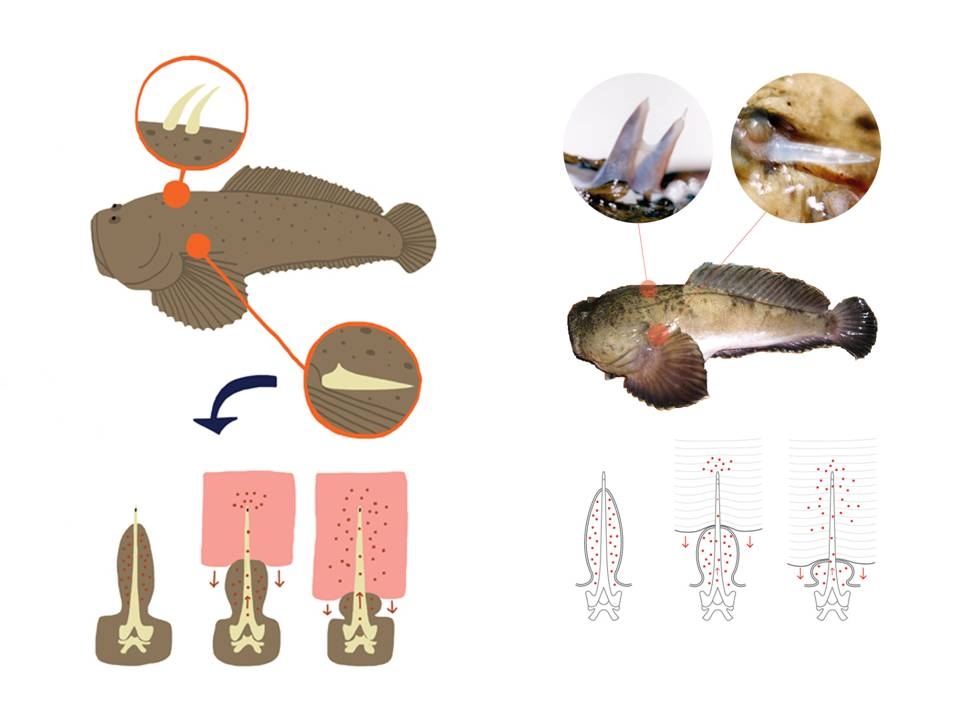
A research group at Butantan Institute performed tests on animal models with asthma as a reference and demonstrated that the peptide from Thalassophryne nattereri, common in North and Northeast Brazil, is safe and efficacious.

The call was issued in 2022 by the Global Alliance for Chronic Diseases, a transnational consortium of research funders set up to combat chronic non-communicable diseases in low- and middle-income countries. Two proposals supported by FAPESP were among those approved.
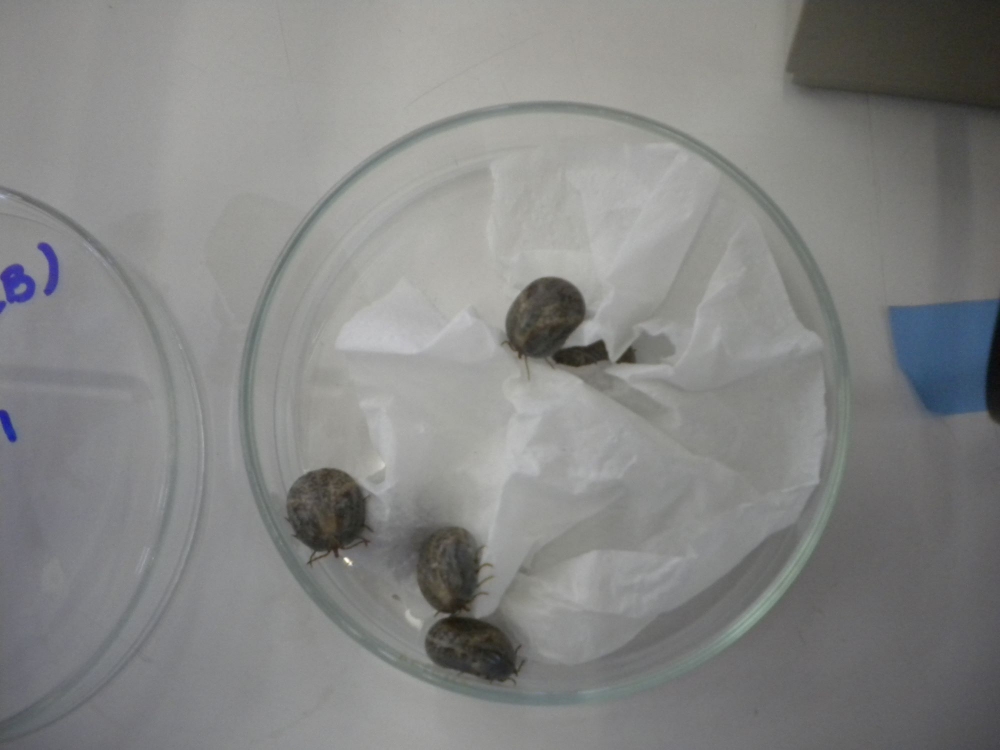
The molecule was identified by researchers at the University of São Paulo in cells of the Amblyomma tick that transmits the disease.
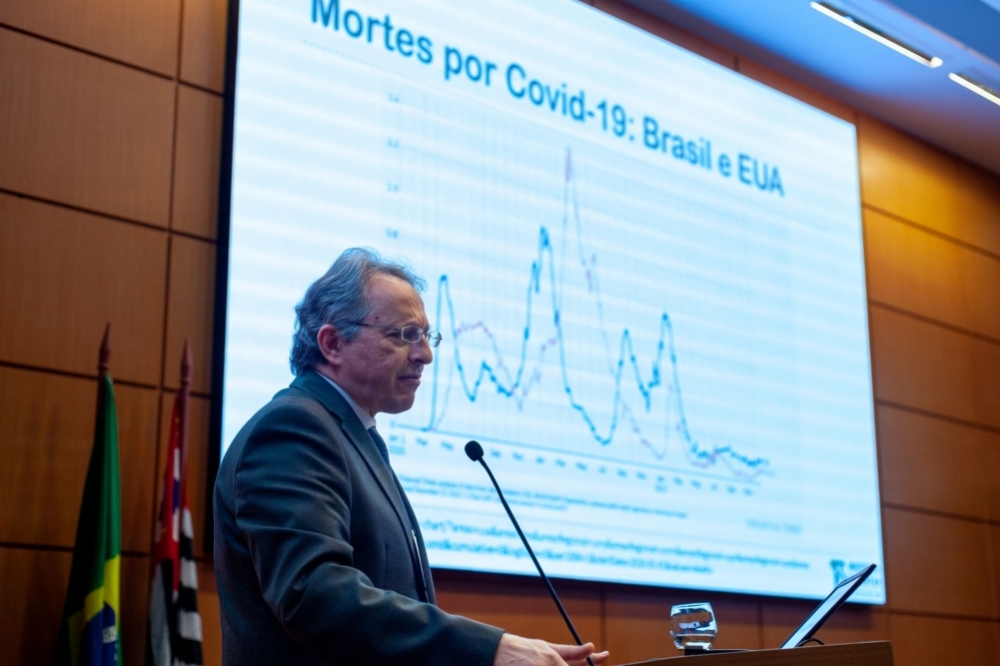
Esper Kallás, who heads Latin America’s leading producer of vaccines, delivered the Second 2023 FAPESP Lecture on “Viruses, pandemics and vaccines”. He spoke about the “100 Day Mission” to produce novel vaccines in just over three months.

Researchers in São Paulo state analyzed data for over 1 million patients hospitalized for treatment by the public health service after contracting COVID-19. Lower levels of inflammatory cytokines and fewer ACE2 receptors for the virus to bind to may be the explanation.

In experiments involving rats, researchers at São Paulo State University found that periods of low oxygen levels in the first months of life can lead to dysregulation of the sympathetic autonomic nervous system, which controls functions such as heart rate and blood pressure. The discovery points to possible routes to the development of novel therapies.
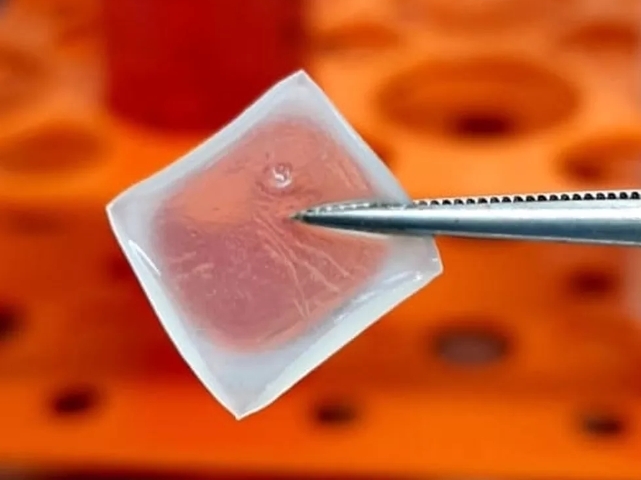
A biodressing containing human umbilical cord stem cells was produced in a 3D printer by the startup In Situ Cell Therapy. Researchers at the University of São Paulo found that when used on diabetic mice, the “smart” biodressing modulated the immune response, stimulated collagen synthesis and enhanced tissue repair.
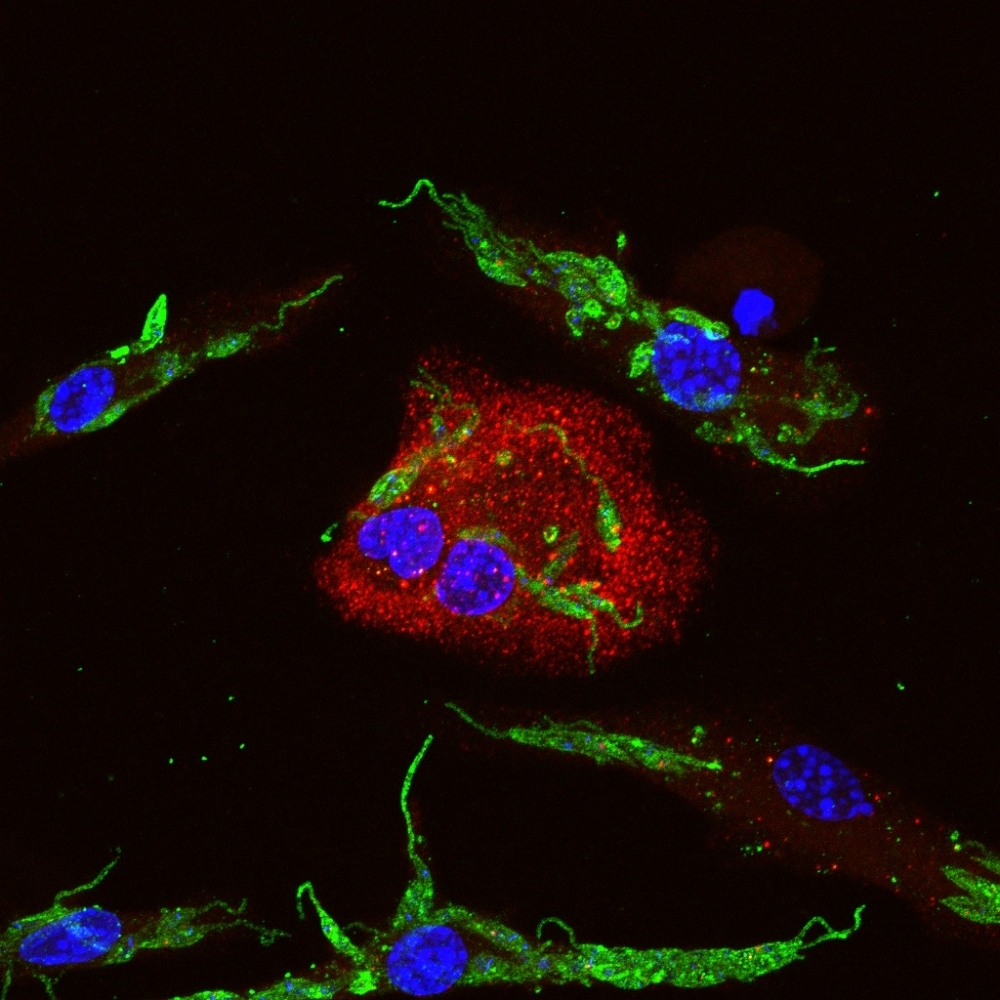
Leishmania alters the structure of the human protein that would normally induce the death of infected cells and weakens the inflammatory response. Reported in Nature Communications, the discovery could serve as a basis for better treatment.
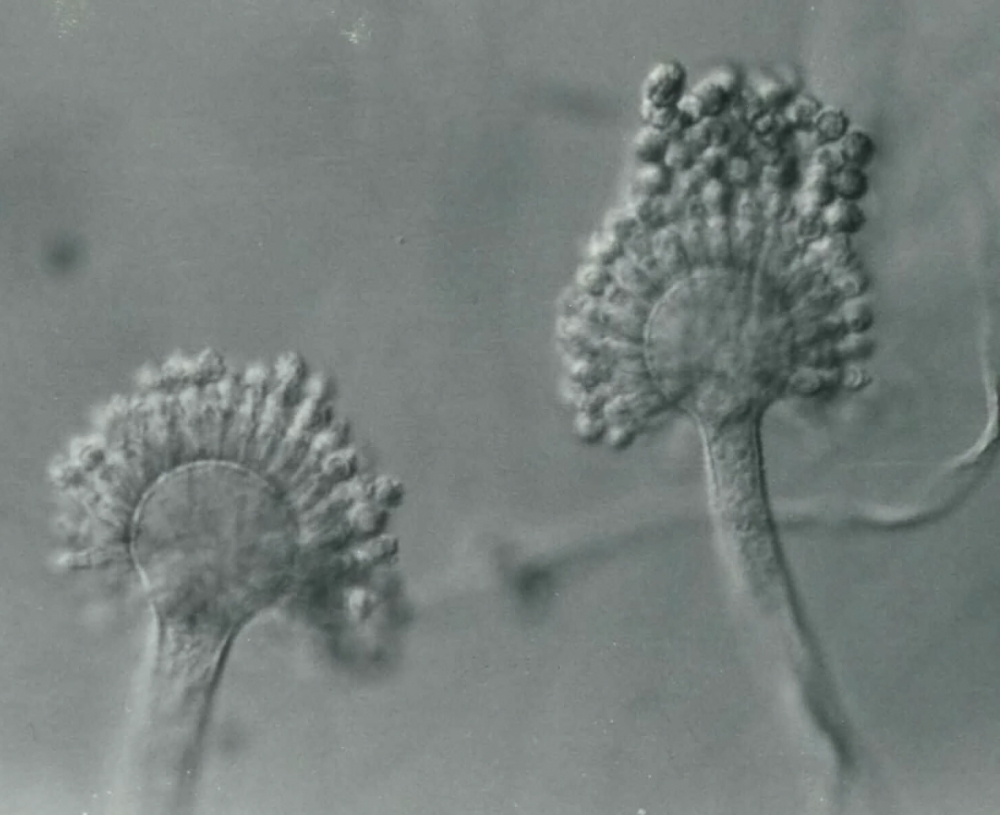
An analysis conducted at the University of São Paulo showed that no sample exceeded the recommended limit for aflatoxin M1, a contaminant of fungal origin considered carcinogenic. Nevertheless, the researchers warn of the need to demand best practices in dairy production.

A study by researchers at the State University of Campinas showed that although the two types of training produce similar metabolic stress, muscle activation is different.
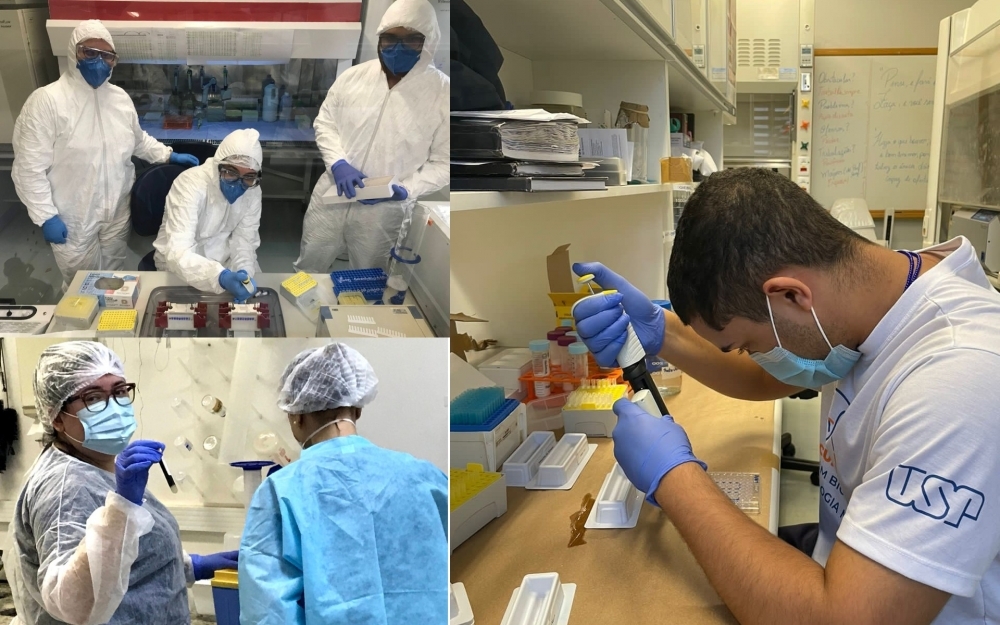
Brazilian researchers observed an increase in production of endocannabinoid, a natural anti-inflammatory neurotransmitter, in COVID-19 patients given glucocorticoids. The discovery points to possibilities of novel treatments for various inflammatory and neurological diseases.

Scientists at São Paulo State University repurposed a device already used to analyze bovine reproductive cells to observe different characteristics of human sperm simultaneously.
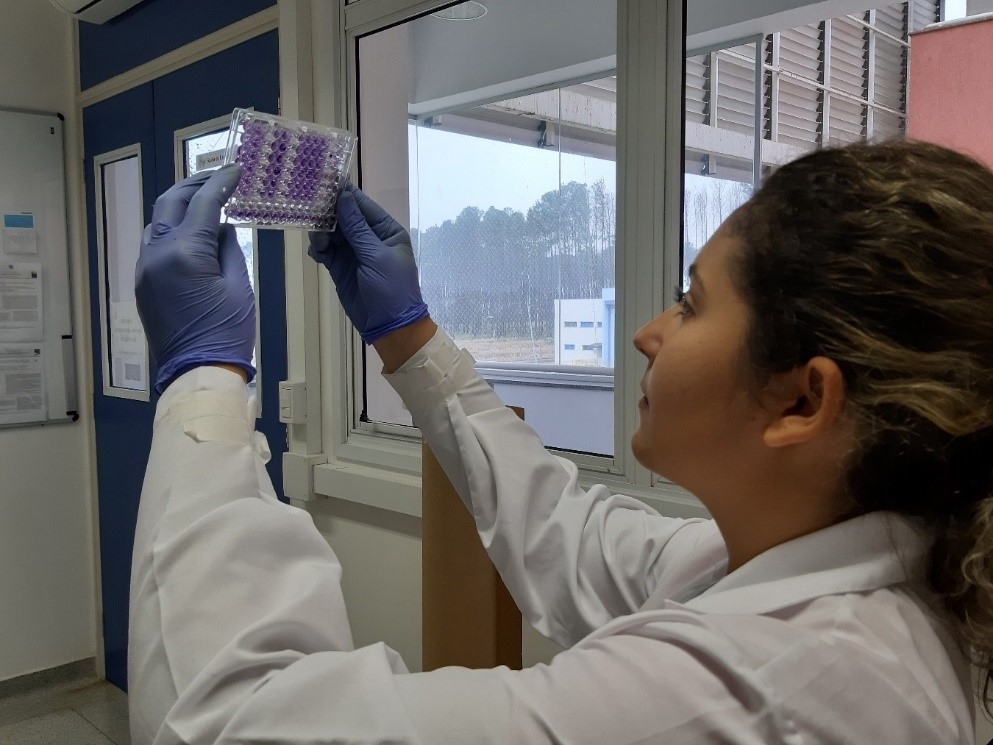
In vitro experiments were conducted at a FAPESP-supported research center with a synthetic peptide inspired by molecules secreted by the probiotic bacterium Lactobacillus plantarum.
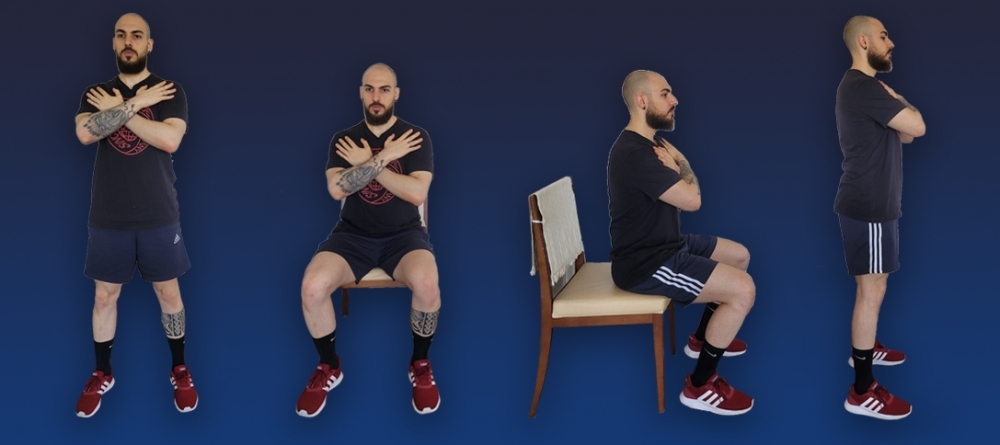
A program developed by researchers at the University of São Paulo included three weekly sessions of up to 80 minutes each for 16 weeks, with positive effects on cardiorespiratory fitness, lung function, functional capacity, body composition and persistent symptoms.

Predictive model developed at São Paulo State University (UNESP) helps identify tumor biomarkers of this metabolic syndrome characterized by acute weight loss and muscle wasting.

In laboratory mice, the hormone easily bought from pharmacies and widely consumed as a supplement aggravated Crohn’s disease and ulcerative colitis, depending on the animal’s gut microbiota profile, according to a study by researchers at the University of São Paulo.
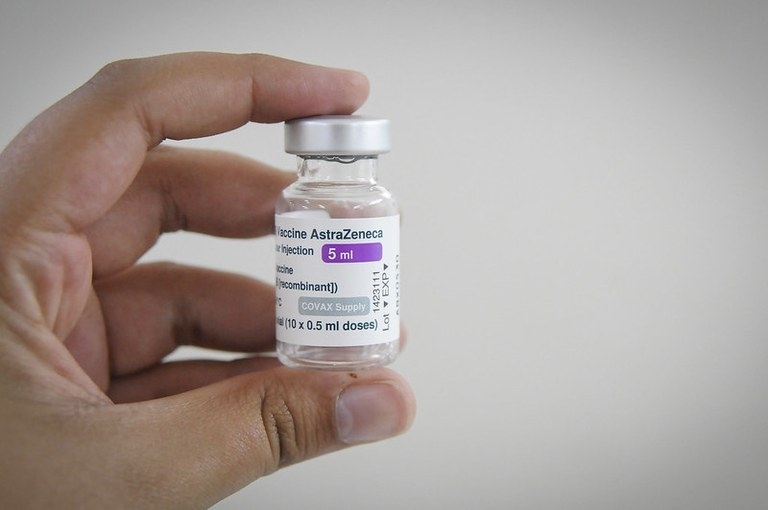
Researchers show the importance of political skill on the part of federal research institution Fiocruz and regulatory agency ANVISA in the process that resulted in the signature of an agreement with pharmaceutical company AstraZeneca in mid-pandemic.
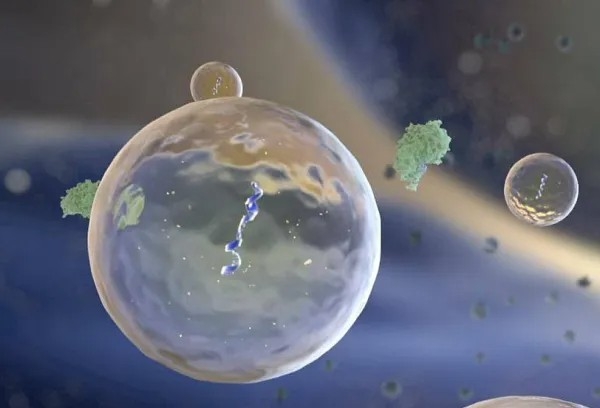
In a study with 116 participants, researchers at the Federal University of São Paulo evaluated the genetic material contained in extracellular vesicles possibly secreted by brain tissue. The analysis pointed to patterns of microRNA expression associated with depression, anxiety and ADHD.
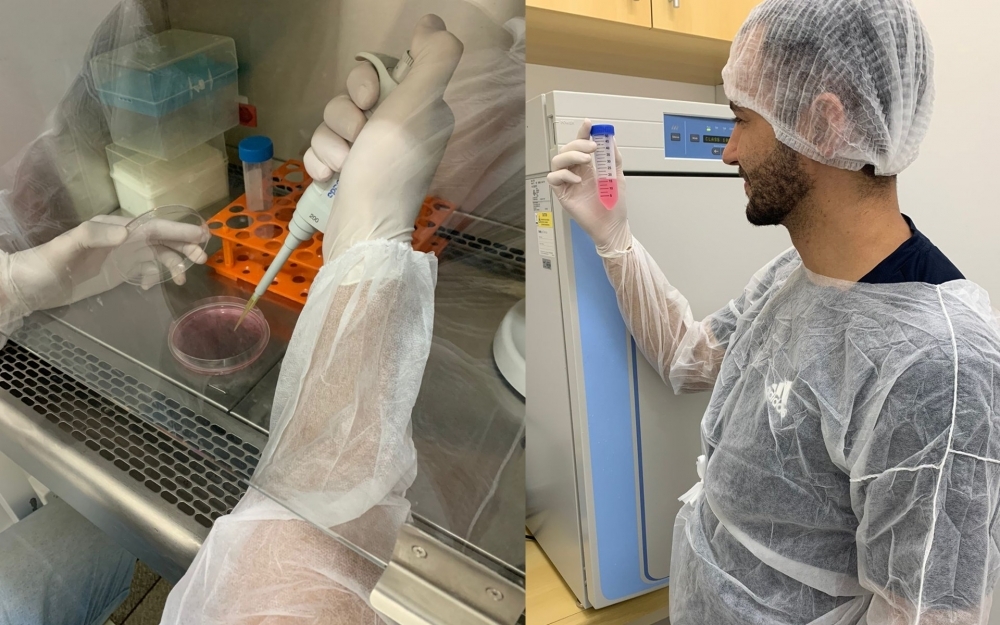
Researchers in Brazil and Portugal have been following patients under 40 who had the disease before being vaccinated. Alterations found in immune cells up to 180 days after infection resemble those found in patients with chronic diseases.

This was the main finding of a study involving rats conducted by Brazilian researchers. Mortality was 29% higher for fetuses exposed to a synthetic compound that acts on the brain in a similar manner to natural cannabinoids. Respiratory control and CO2 sensitivity, which influence sudden infant death syndrome, were also altered.